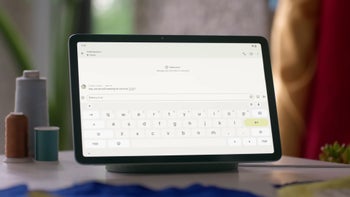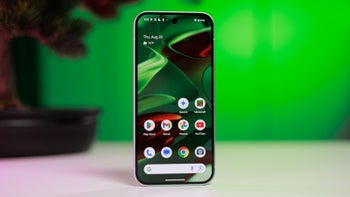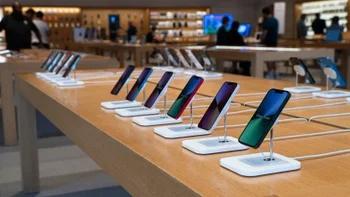Federal court rules NSA phone record collection illegal

The Second US Circuit Court of Appeals in New York shot down several legal arguments posited by the US government as justification for the collection and surveillance of phone records in the wake of the September 11, 2001 terrorist attacks.
The court ruled that the National Security Agency program, operating off of Section 215 of the Patriot Act, enacted in 2001, which collected the phone records, was illegal. However, the court did not address whether the surveillance was a violation of constitutional privacy rights, something that the ACLU and others have been alleging all along.
That said, the court did state that the language, as written in the Patriot Act, was not meant to allow data gathering, as revealed by Edward Snowden, en masse.
The metadata collected did not contain any content of calls made, but did catalog the calling number, the number called, and the duration of the call. The amount of information gathered was huge, but the idea was that in order to find that “needle in a haystack” to connect the activities of a terrorism suspect, you needed a “haystack” to begin with.
The Patriot Act is set to expire on June 1, and has been renewed with little modifications since 2001, but this ruling puts all of Section 215 into a tailspin, and the broader law has been under scrutiny by both sides of Congress and is likely to see significant curbs in authorization. The USA Freedom Act would renew some parts of the Patriot Act while ending the NSA database altogether, an approach which has bi-partisan support as well as support from the White House.
Despite the ruling by the Court of Appeals, it did not order the NSA to cease collecting data, citing the pending legislative action in Congress. However, the court blasted the government attorneys that argued the need for records on the basis of possible future relevance in possible future investigations, “Such an expansive concept of ‘relevance’ is unprecedented and unwarranted, government repositories of formerly private records would be an unprecedented contraction of the privacy expectations of all Americans.”
This ruling is a win for the ACLU who appealed a lower court decision stating the data collection was constitutional. Where the issue goes next will depend on Congress.
source: The Wall Street Journal
The court ruled that the National Security Agency program, operating off of Section 215 of the Patriot Act, enacted in 2001, which collected the phone records, was illegal. However, the court did not address whether the surveillance was a violation of constitutional privacy rights, something that the ACLU and others have been alleging all along.
The metadata collected did not contain any content of calls made, but did catalog the calling number, the number called, and the duration of the call. The amount of information gathered was huge, but the idea was that in order to find that “needle in a haystack” to connect the activities of a terrorism suspect, you needed a “haystack” to begin with.
The judges were not having any of it, and issued a nearly 100-page ruling, “The statutes to which the government points have never been interpreted to authorize anything approaching the breadth of the sweeping surveillance at tissue here. The sheer volume of information sought is staggering.”
The Patriot Act is set to expire on June 1, and has been renewed with little modifications since 2001, but this ruling puts all of Section 215 into a tailspin, and the broader law has been under scrutiny by both sides of Congress and is likely to see significant curbs in authorization. The USA Freedom Act would renew some parts of the Patriot Act while ending the NSA database altogether, an approach which has bi-partisan support as well as support from the White House.
source: The Wall Street Journal












Things that are NOT allowed: